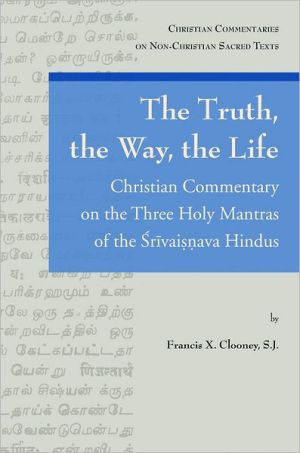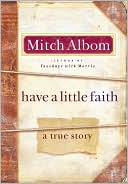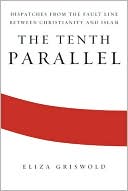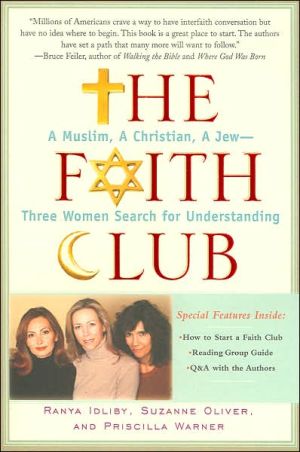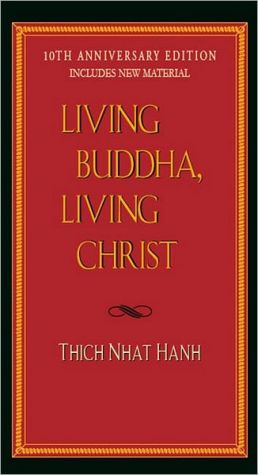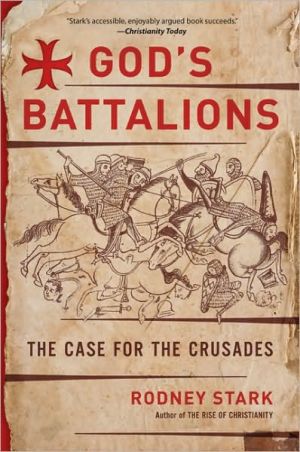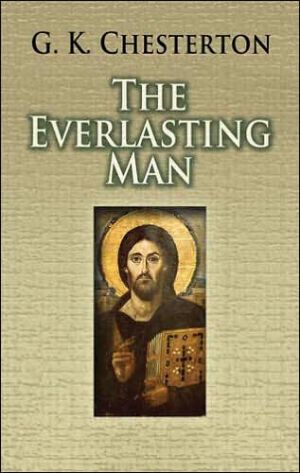The Truth, the Way, the Life: A Christian Commentary on the Three Holy Mantras of the Sri Vaishnava Hindus
The Truth, the way, the Life offers a careful reading of the three holy mantras of Srivaisnavism, a south Indian Hindu tradition dedicated to Narayana, Lord of the universe, and Sri, his eternal spouse. The mantras, short prayers rich in theological and devotional meaning, explain and encourage a way of life dedicated to praise and service, surrender and dependence on divine grace - and so introduce key topics that Christian readers will find familiar and still central to the spiritual life...
Search in google:
The Truth, the Way, the Life offers a careful reading of the three holy mantras of Srivainavism, a south Indian Hindu tradition dedicated to Narayana, Lord of the universe, and Sri, his eternal spouse. The mantras, short prayers rich in theological and devotional meaning, explain and encourage a way of life dedicated to praise and service, surrender and dependence on divine grace and so introduce key topics that Christian readers will find familiar and still central to the spiritual life today. Francis Clooney's commentary is explicitly Christian and yet deeply indebted to the classic reading of the mantras by the fourteenth-century theologian Vedanta Desika; it thus exemplifies an interreligious learning appropriate to the twenty-first century and yet, in the end, still deeply Christian.
Preface 1Introduction: The Three Holy Mantras: Commentary and Christian Commentary 5I Commentary, Religious Reading, and Christian Commentary 6II The Three Holy Mantras of the Srivaisnavas 141 The Srivaisnava Tradition 142 The Three Mantras 153 Reading with Vedanta Desika 174 Who Can Understand Sacred (Rahasya) Mantras? 24III The Order of the Chapters to Follow 26Chapter 1 To Know the Truth: The Tiru Mantra 31Aum, obeisance to Narayana 31I Introduction 311 The Tiru Mantra in the Astasloki of Parasara Bhattar 35II Exegeting the Mantra 37III Insights Elsewhere in the Essence 61IV Reading the Tiru Mantra from a Christian Perspective 631 Theological Insights and Concerns, for a Christian Reader 632 Resonances in the Christian Prayer and Worship 663 Praying with the Tiru Mantra? 72V Looking Ahead 73Chapter 2 A Divine Invitation: The Carama Sloka's First Line 75Having completely given up all dharmas, to Me alone come for refuge 75I Introduction 751 The Carama Sloka's First Line as Verse 18.66a of the Bhagavad Gita 752 The Carama Sloka's First Line in the Astasloki of Parasara Bhattar 78I Exegeting the First Line of the Carama Sloka 79II The First Line in the Rest of the Essence 99IV Reading the First Line from a Christian Perspective 1011 Theological Insights and Concerns, for a Christian Reader 1022 Resonances in the Christian Tradition 1053 Praying with the Carama Sloka's First Invitation? 107V Looking Ahead 108Chapter 3 The Way of Radical Faith: The Dvaya Mantra 109I approach for refuge the feet of Narayana with Sri, obeisance to Narayana with Sri 109I Introduction1091 The Dvaya Mantra in the Astasloki of Parasara Bhattar 113II Exegeting the Dvaya Mantra 114III The Dvaya Mantra in the Larger Narrative of Surrender in the Essence 132IV Reading the Dvaya Mantra from a Christian Perspective 1391 Theological Insights and Concerns, for a Christian Reader 1392 Resonances in the Christian Tradition 1423 Praying with the Dvaya Mantra? 144V Looking Ahead 145Chapter 4 To Live in Freedom: The Carama Sloka's Second Line 147...from all sins I will make you free. Do not grieve 147I Introduction 1471 The Carama Sloka's Second Line as Verse 18.66b of the Bhagavad Gita 1482 The Carama Sloka's Second Line in the Astasloki of Parasara Bhattar 149II Exegeting the Second Line of the Carama Sloka 150III The Second Line in the Rest of the Essence 164IV Reading the Second Line from a Christian Perspective 1691 Theological Insights and Concerns, for a Christian Reader 1692 Resonances in the Christian Tradition 1713 Praying with the Carama Sloka's Second Invitation? 172V Looking Ahead 173Chapter 5 After Commentary 175I On Reading and Writing from the Perspective of Commentary 176II Theological Openings 178III From Commentary to a Theology of Religions? 182IV Ethical Openings 185V Scriptural Intertextuality 189VI Praying with the Mantras: A Brief Reprise 190Bibliography 195Index of Names, Terms, Texts 199Index of Biblical References 203
